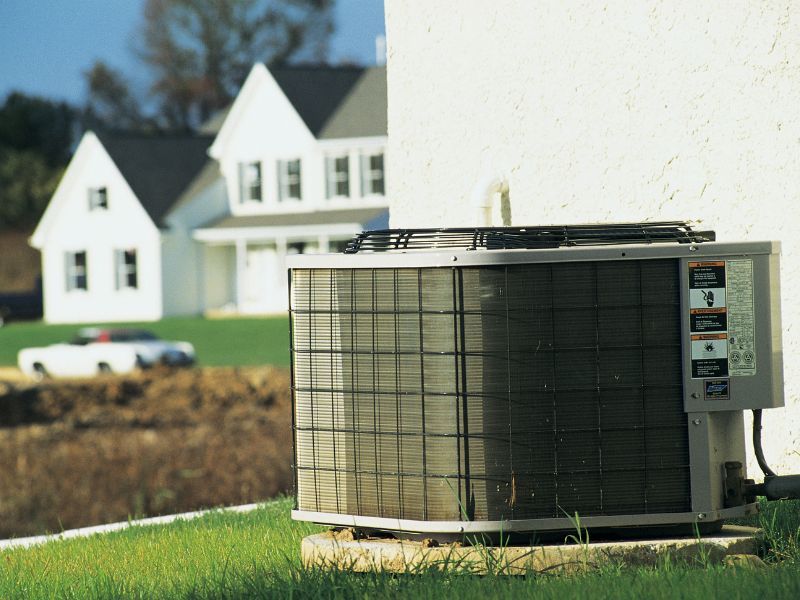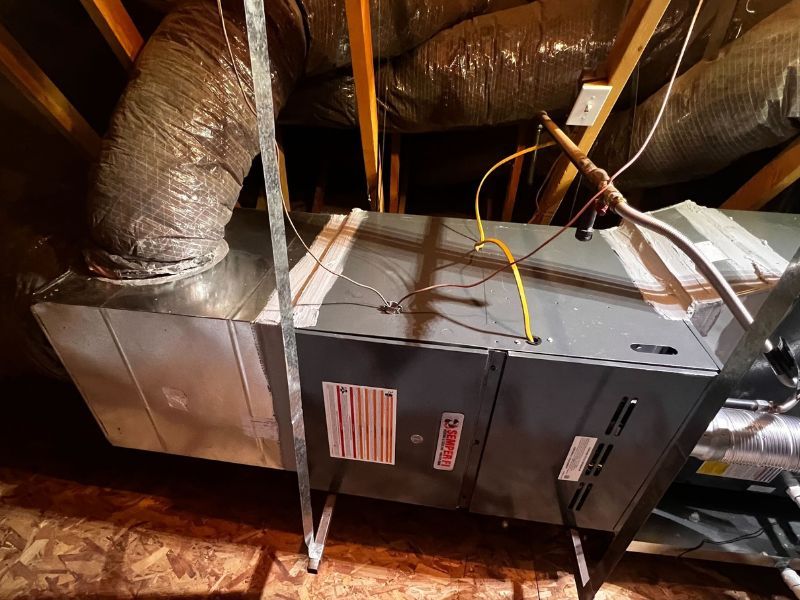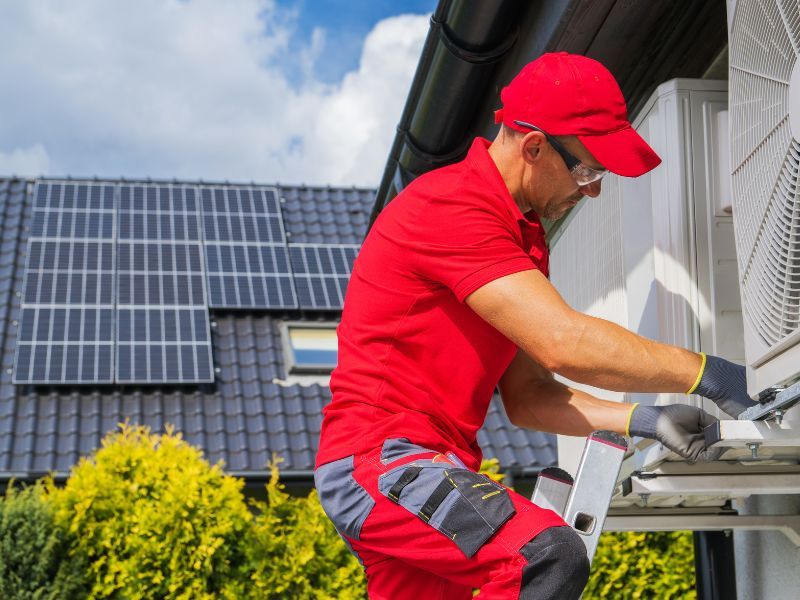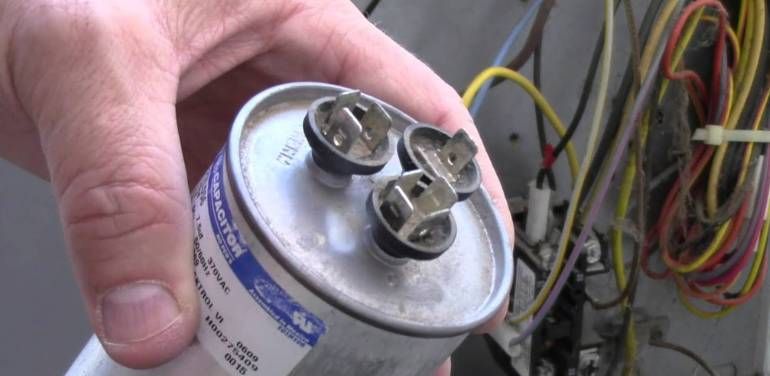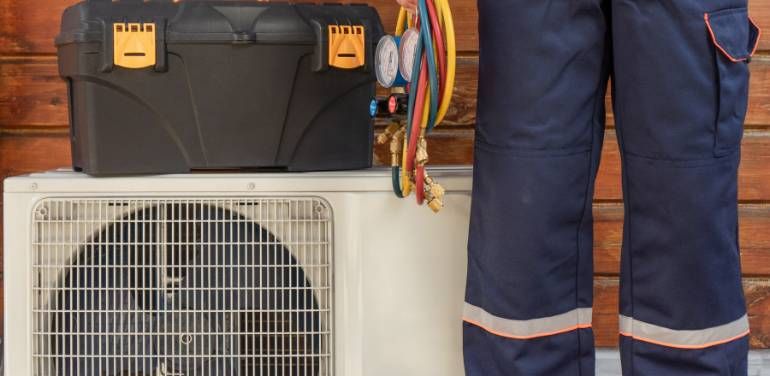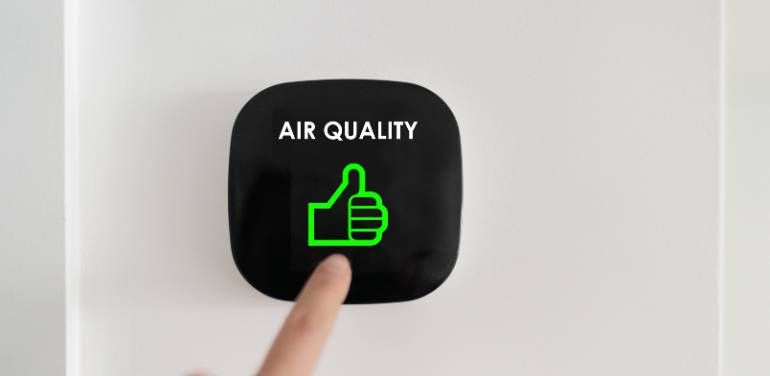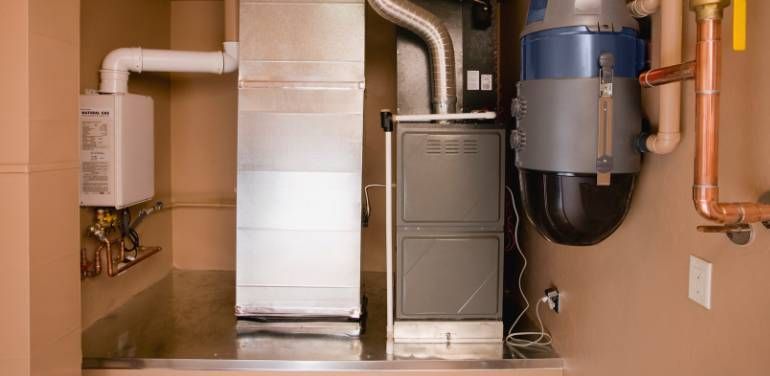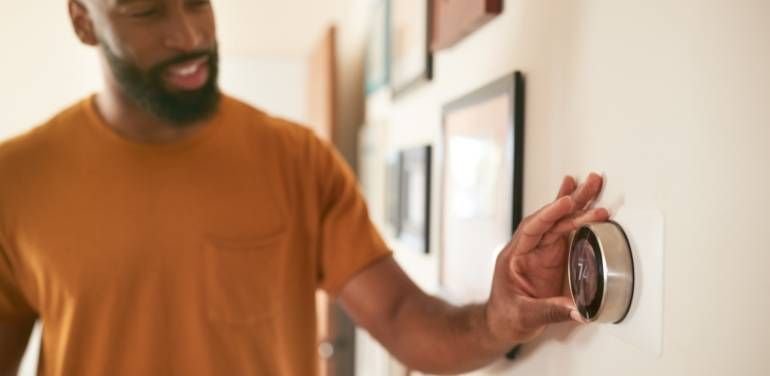To Repair or Not to Repair: Should You Get a New Heating System or Repair the Old One?
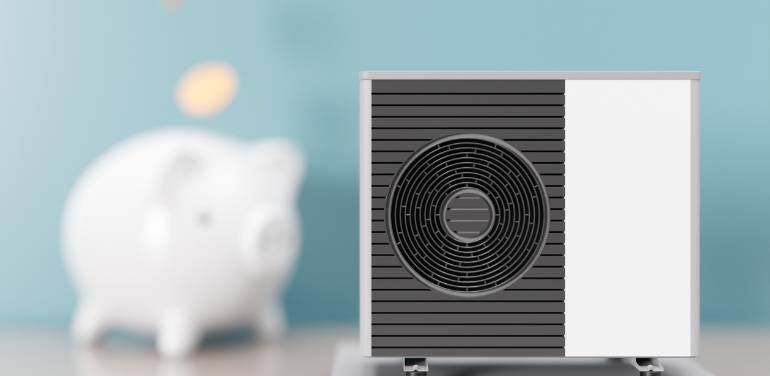
Without a doubt, your heating system is a vital function in your home. Don’t believe us? Try turning it off on a frigid day in January. It won’t be long before you are running for the “on” switch again.
For this reason, if you are noticing troubles with your heating system, you should address them sooner rather than later. But how do you know if you can simply repair your system or if you should buy a new heating system altogether?
Check out this homeowner HVAC guide to find the answer! We’ll go over common problems with heating systems and whether they warrant replacing the system or no.
Signs Your Heating System Needs Repairs
First, let’s take a look at what you need to be on the lookout for. Here are several signs your heating system is having troubles that you shouldn’t ignore.
Winter Is Coming
If winter is coming that’s your first sign that you need to worry about your heating system. Every year as winter approaches you should at the very least turn on and inspect your system yourself. It’s not a bad idea to have an HVAC professional take a look as well to ensure that everything is running as it should.
There are a few good reasons for doing this.
Heating system repairmen are busier during the winter than during the summer, for obvious reasons. So what happens when your heating system gives out for good and winter has already started? You could be waiting a while in the freezing cold for an available repairman. Thus, it’s better to get your heating system serviced and running well before winter sets in.
It’s also cheaper since during prime months prices can rise because heating companies are so busy.
This will also give you time to properly do your research and choose the best new heating system for your needs if it turns out you need a new one. Since a heating system can be a substantial investment, starting early also gives you a chance to prepare financially.
It Makes Strange Noises
All heating systems make some kind of noise, especially when turning on and off. Some newer systems are designed to be quieter but they aren’t completely silent.
However, if you start to notice new noises or normal noises are getting abnormally loud, something may be wrong with the system. Pay particular attention to rattling, screeching, or popping sounds.
There is any number of things that could be causing these noises. These include an unbalanced motor, loose ductwork, or motor failure. Be prepared to describe the noise to a technician, especially if it is intermittent.
This will help them determine the severity of the problem. In many cases, the system will simply need repairs. If you’ve been noticing (and ignoring) strange noises for a while, though, it might be time to start shopping for a new heating system.
Your Heating Bills Are Rising Mysteriously
The cost of everything slowly goes up over time. If you’re paying a little bit more for your heating bill than you used to it’s probably not something to worry about.
But what if you seem to be paying more for your recent heating bills than market changes should warrant? There could be something wrong with your heating system, causing it to work less efficiently and use more energy.
Your heating bill is high enough, you don’t want to be paying extra if you don’t have to be. Plus, ensuring that your heating system is working at full capacity is one way you can help contribute to keeping the planet happy.
It Is Still Under Warranty
As you’ll see in a minute, many of these signs your heating system needs repair may also be signs that it needs to be replaced. However, if your heating system is still under warranty, that’s a good reason not to invest in a new system just yet. Since you won’t have to pay much for repairs, it makes sense to go with that option first.
Pay attention to your warranty, however. Many warranties cover parts and labor separately.
For example, a new heat exchanger may be covered under a warranty for 10 years. However, the labor to replace it (which can be quite extensive and expensive) may only last up to 5 years.
Bottom line: take the warranty into consideration as you decide how to invest your time and money.
Signs You Should Get a New Heating System
You now have an idea what to be on the lookout for when it comes to heating system troubles. But what about when problems get so serious it isn’t worth repairing? How do you know when it’s time for a whole new system?
Let’s find out.
Your Heating System Is Old
As previously mentioned, many of the signs that repair is necessary are also signs that replacement is necessary. One of the best ways to know the difference is the age of your heating system.
Heating systems don’t last forever. There comes a point when it essentially becomes more expensive to repair it than to simply invest in a new system. That’s because you might shell out cash to fix one component, only to have something else break a short time later.
The sweet spot is around 15 years. Of course, it depends on how the system has been maintained. A system that has been poorly taken care of may have a much shorter lifespan. Conversely, a well-maintained system can last for 20 years or longer.
If you’re not sure about the condition of your system, a qualified technician will be able to advise you upon inspecting it.
The Repair Is Expensive
Another way to tell that you should opt for a new system is when the repair is expensive.
For small, easy fixes it makes sense to try to repair the system first. Plus, if the system is new enough that all or part of the repair is still under warranty, by all means, take advantage.
However, if you’ll have to pay half or more of the cost of a new system to repair the old one, a new system may make more sense. That’s a lot of money to spend on something that is already old. It’s also less likely that you’ll recoup your investment because the system could break down again from a different problem in a short time.
Of course, the system’s age and maintenance record are both factors to consider as well.
Carbon Monoxide Emissions
Around 400 people die every year due to carbon monoxide poisoning. While this isn’t a high number, each death is tragic and you can take steps to avoid it.
This gas is extremely dangerous. If you find that your heating system is leaking carbon monoxide, you should replace your system immediately. You should also evacuate your home and have the utility company turn off the gas as soon as possible. You may also need to seek medical treatment.
Carbon monoxide is nearly impossible to detect. This is what catches people unawares and kills them before they can do anything about it. The gas has virtually no odor, taste, or appearance.
But if you can’t smell, taste or see it, how do you know it’s leaking?
A carbon monoxide detector in good working order is a great first line of defense. Some other signs to watch out for include:
- A sudden increase in condensation on the windows or walls
- A yellow instead of blue flame in a gas furnace
- Pipe rust
- Experiencing flu-like symptoms, nausea, headaches, or disorientation with no apparent cause
Don’t play around with carbon monoxide emissions. If you suspect a leak, call for help immediately.
Other Factors to Consider
There are a few other factors to consider when deciding whether to repair or replace your heating system. Let’s discuss a few here.
Energy Efficiency
Newer, high-efficiency models can represent an over 40% increase in efficiency if your current system is older.
Even though you may have an option to repair, it might make more sense to buy a new system. The energy savings over time could eventually make up the difference. Plus, you can rest easy knowing that you’re doing your part.
Tax Credits and Rebates
Another thing to consider is the tax credits and rebates you may be eligible for. These can help bring down the price of an expensive new system. Then, you can enjoy lower energy bills and the peace of mind that you have a new system you won’t have to worry about.
Selling Your Home?
Are you planning to sell your home in the near future? A new heating system may not necessarily help you fetch a higher asking price. But it can help you sell your home faster as it is an attractive selling point for buyers.
Nearing Retirement?
If you’re nearing retirement, it may make more sense to invest in a new system. That way you won’t have to worry about a big expense popping up unexpectedly when you’re not working.
Repair or Replace?
Hopefully, this article has helped you determine if you should repair or replace your heating system. If you are in the market for a new system you may want to check out our gas furnace reviews and heat pump reviews to be ready if you have to call out a contractor.
If you’re still unsure, the best way to decide is by having a professional inspect your system.
HVAC System Cost & HVAC Reviews
More Homeowner Guides
Categories
